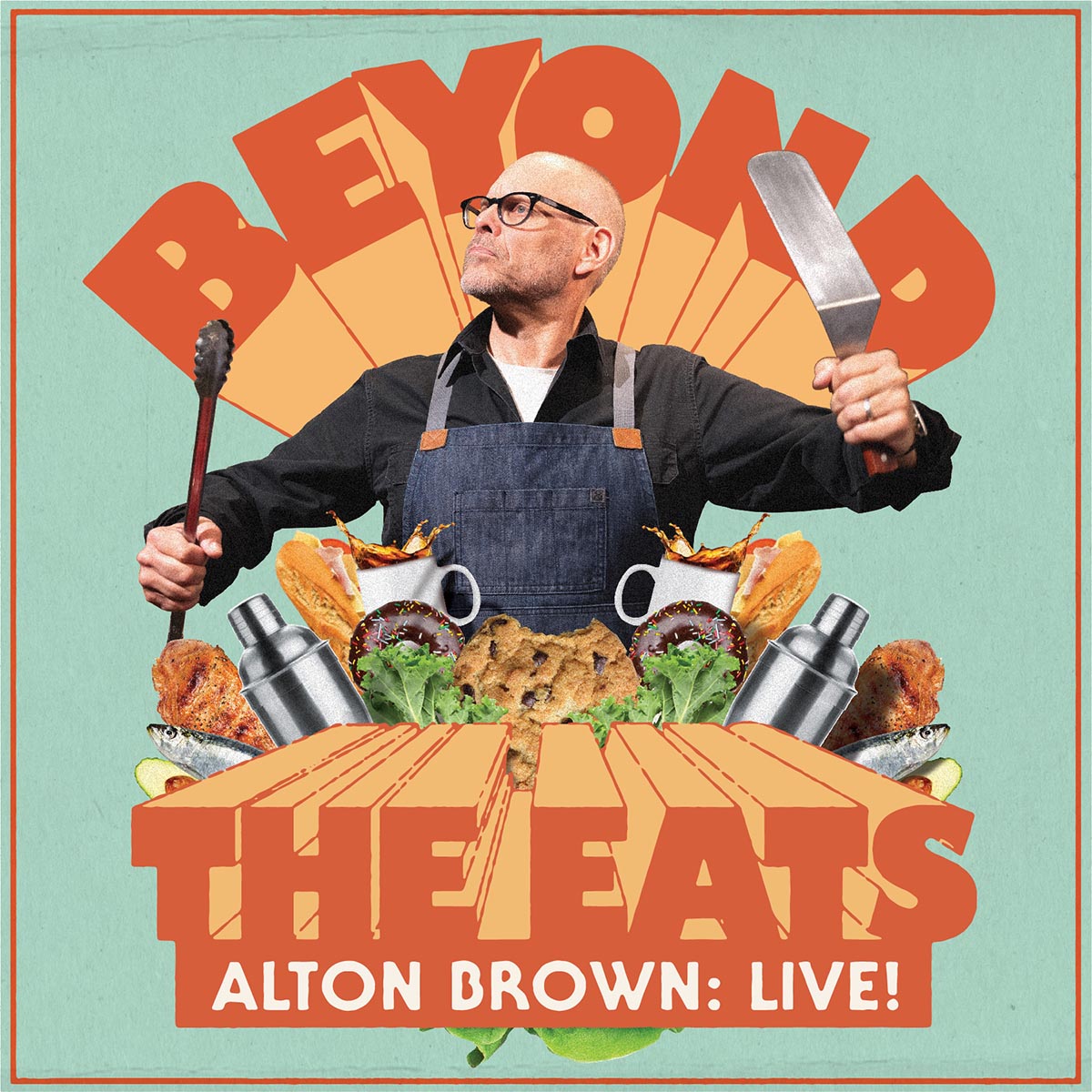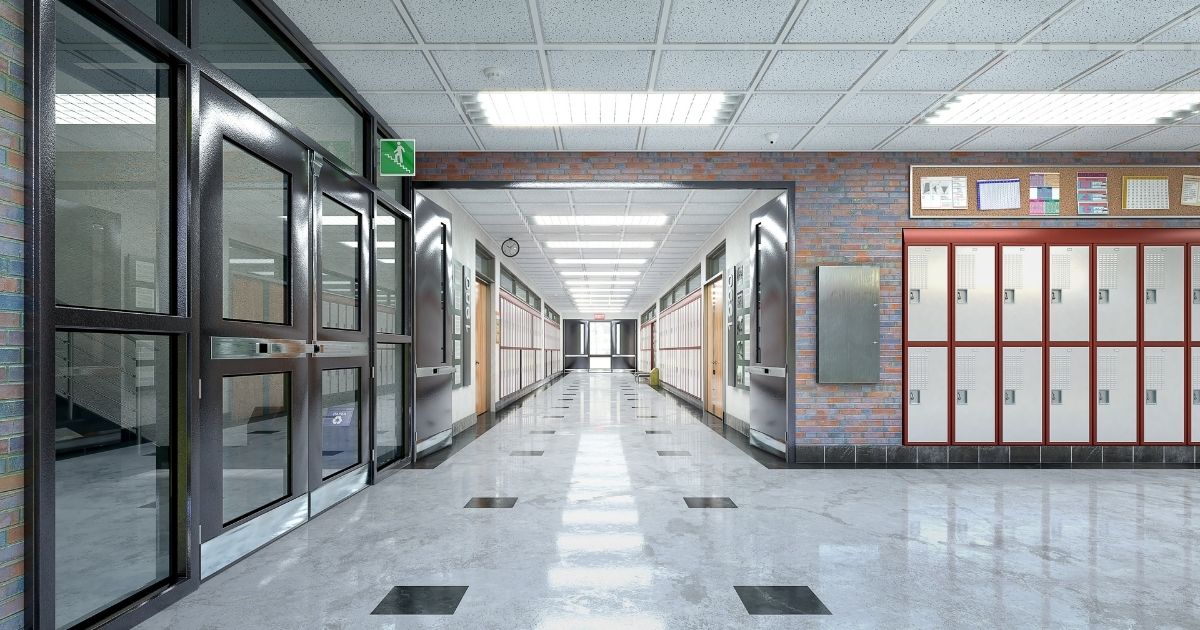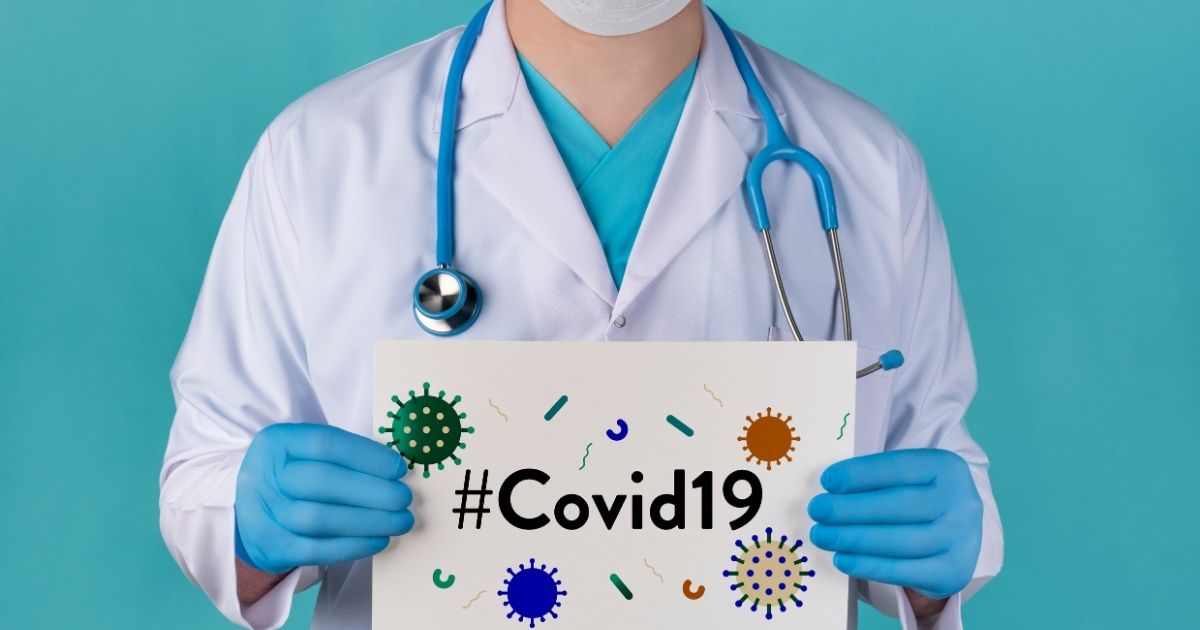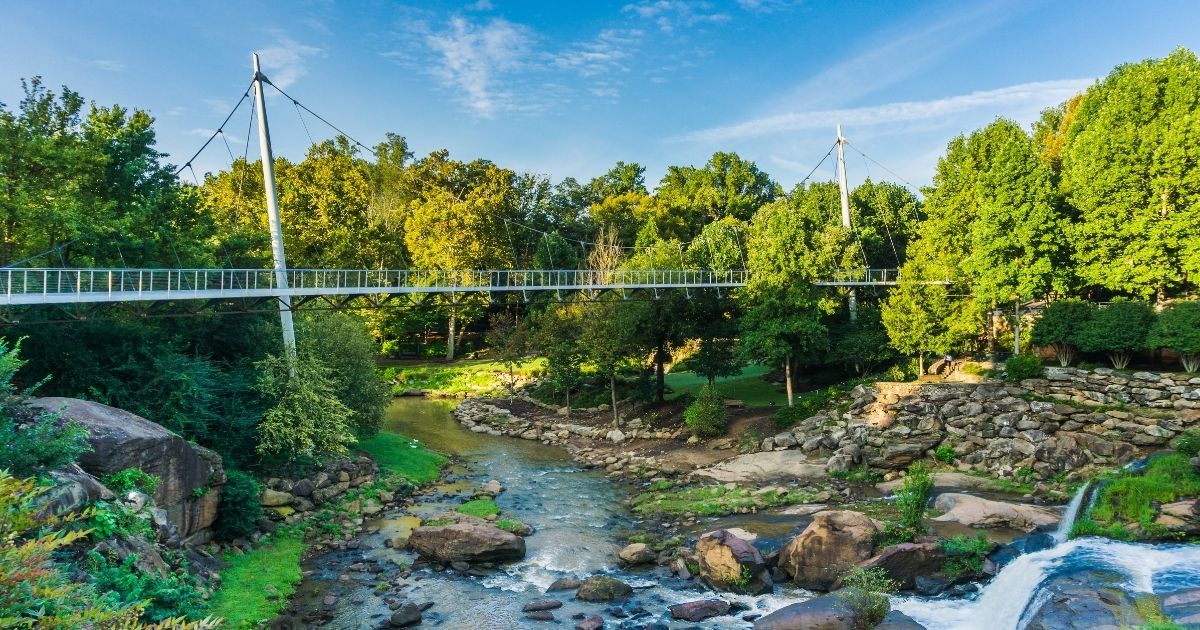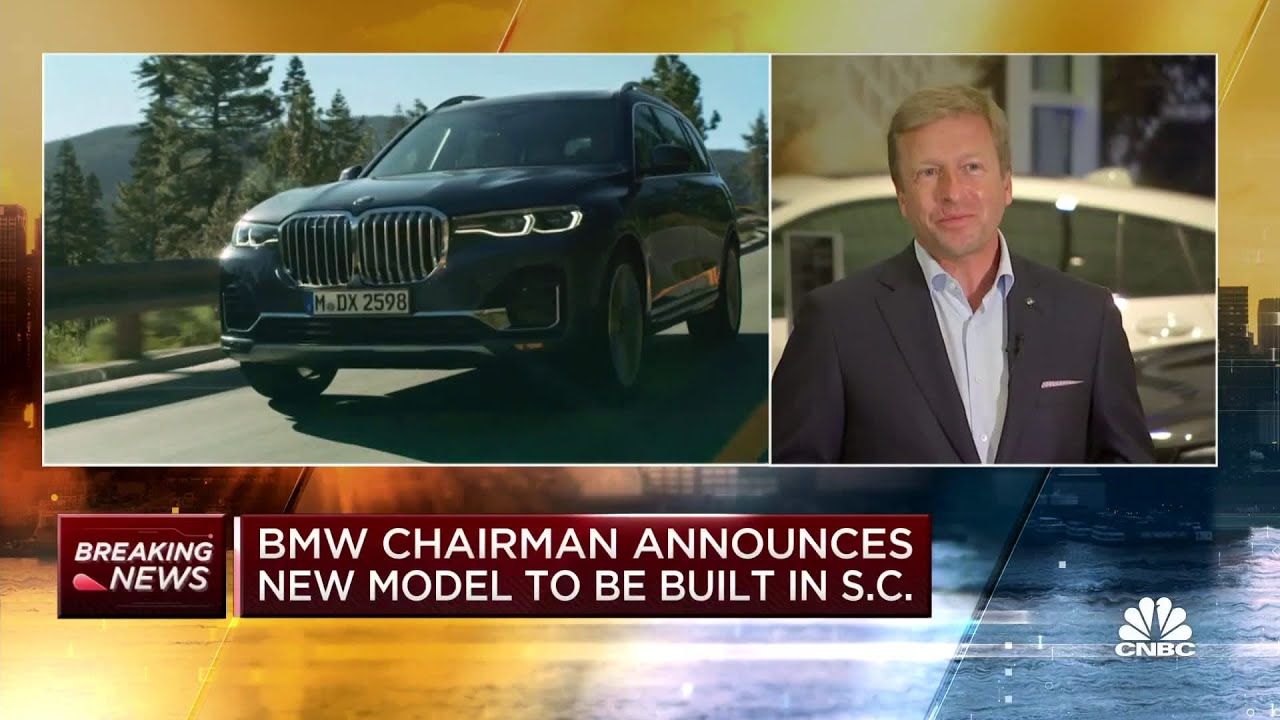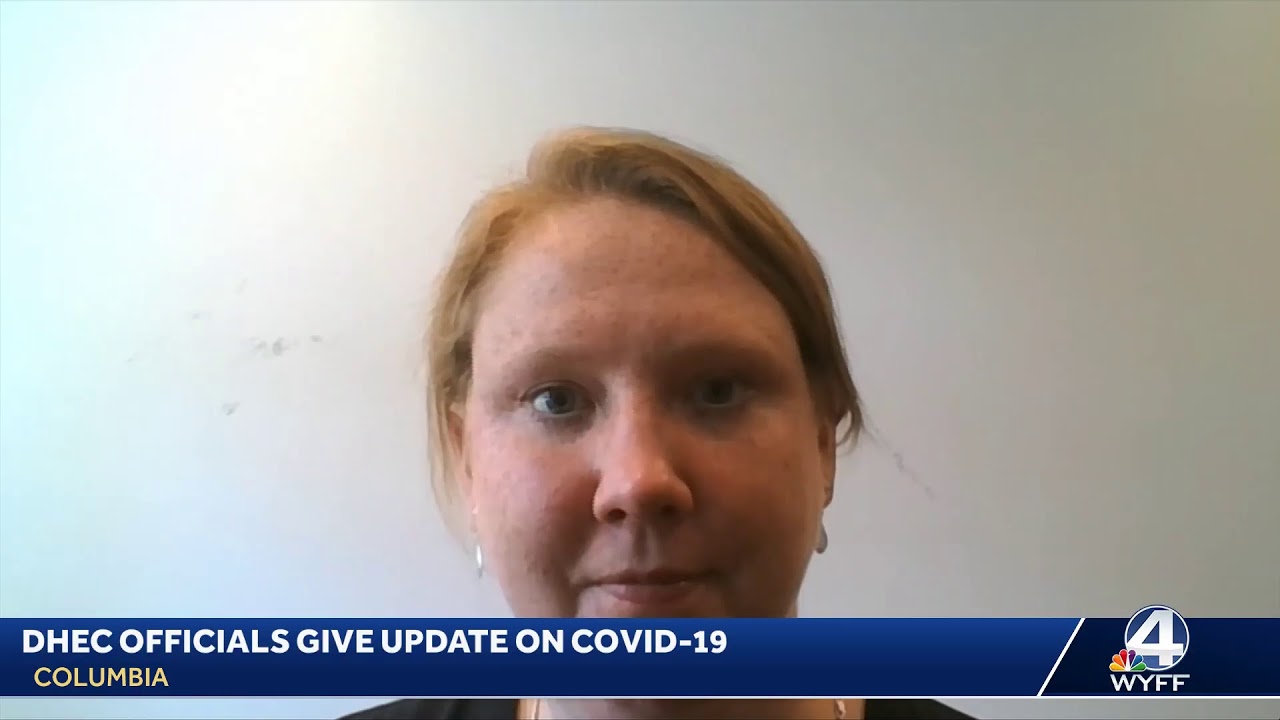What’s the deal: The First Amendment
Show Transcript
What’s the deal with the First Amendment? This is the one that protects the freedoms of speech, religion, the press, assembly and petition. But how far does that protection actually go now? This is arguably the most important amendment in the bill of Rights. In fact, some states wouldn’t ratify the Constitution until the framers promised something like this would be added. And this is what they came up with. Congress shall make no law respecting an establishment of religion or prohibiting the free exercise thereof, or abridging the freedom of speech or of the press or the right of the people peaceably to assemble and to petition the government for a redress of grievances. Now, essentially, this means that the government can’t tell you what to believe or control what you say, and it gives every American the power to speak out. But let’s dig a little deeper into the nuance. Freedom of religion is the separation of church and state, And while those words never actually show up in the document, the First Amendment stops the government from creating a state religion like with the Church of England. Obviously, Judeo Christian language is woven into the fabric of American history and even the money. But the Supreme Court is laid out specific guidelines for how to make sure our laws are constitutional and don’t promote or put down any particular religion. It also means that everyone can believe in what they want. Thio, the freedom of speech and the freedom of the press essentially go hand in hand. Now, generally speaking, the government can’t stop you or punish you for what you say or what you write, even if people find it offensive like hate speech or non verbal protests like flag burning. Remember, our country’s founders had just broken from a king, so they wanted to make sure that we, the people, could expose a corrupt or tyrannical government. You could even talk some smack about government leaders for whatever reason. You want thio without the fear of being put in prison or worse. But not all speech is free. True threats and even fighting words are not protected by the Constitution. And while the government can’t dictate what you say, it can restrict where and when. The press also can’t just print whatever it wants to. Because of libel laws. You can successfully sue someone if you can prove that they printed something harmful and knew that it wasn’t true. But one thing that’s often misunderstood the First Amendment’s protection of free speech Onley applies to the government. Ah, private company could kick you out or fire you for doing or saying something that violates its personal code of conduct. Our guys, I think they were good, and that’s the deal with Sorry, My very excited and very loud friends do have a point there exercising their freedoms of assembly. In petition, they often get overlooked. But these two kind of support all the others, Whether it’s an email threat, a march or lawsuit, they allow us to push the government to fix things that we think it’s doing wrong, all in an effort to form a more perfect union. And that is the deal with the First Amendment What’s the deal with the First Amendment? This is the one that protects the freedoms of speech, religion, the press, assembly and petition. But how far does that protection actually go now? This is arguably the most important amendment in the bill of Rights. In fact, some states wouldn’t ratify the Constitution until the framers promised something like this would be added. And this is what they came up with. Congress shall make no law respecting an establishment of religion or prohibiting the free exercise thereof, or abridging the freedom of speech or of the press or the right of the people peaceably to assemble and to petition the government for a redress of grievances. Now, essentially, this means that the government can’t tell you what to believe or control what you say, and it gives every American the power to speak out. But let’s dig a little deeper into the nuance. Freedom of religion is the separation of church and state, And while those words never actually show up in the document, the First Amendment stops the government from creating a state religion like with the Church of England. Obviously, Judeo Christian language is woven into the fabric of American history and even the money. But the Supreme Court is laid out specific guidelines for how to make sure our laws are constitutional and don’t promote or put down any particular religion. It also means that everyone can believe in what they want. Thio, the freedom of speech and the freedom of the press essentially go hand in hand. Now, generally speaking, the government can’t stop you or punish you for what you say or what you write, even if people find it offensive like hate speech or non verbal protests like flag burning. Remember, our country’s founders had just broken from a king, so they wanted to make sure that we, the people, could expose a corrupt or tyrannical government. You could even talk some smack about government leaders for whatever reason. You want thio without the fear of being put in prison or worse. But not all speech is free. True threats and even fighting words are not protected by the Constitution. And while the government can’t dictate what you say, it can restrict where and when. The press also can’t just print whatever it wants to. Because of libel laws. You can successfully sue someone if you can prove that they printed something harmful and knew that it wasn’t true. But one thing that’s often misunderstood the First Amendment’s protection of free speech Onley applies to the government. Ah, private company could kick you out or fire you for doing or saying something that violates its personal code of conduct. Our guys, I think they were good, and that’s the deal with Sorry, My very excited and very loud friends do have a point there exercising their freedoms of assembly. In petition, they often get overlooked. But these two kind of support all the others, Whether it’s an email threat, a march or lawsuit, they allow us to push the government to fix things that we think it’s doing wrong, all in an effort to form a more perfect union. And that is the deal with the First Amendment
What’s the deal with the First Amendment? What does it mean? What exactly does it protect? And why is it so important?Friday marks the 231st anniversary of the passage of the First Amendment (and the rest of the Bill of Rights). It protects your freedoms of speech and religion and allows you to peacefully assemble and petition the government about your grievances. What the video above to see how the First Amendment protects your everyday actions and what’s not protected by it.
What’s the deal with the First Amendment? What does it mean? What exactly does it protect? And why is it so important?
Advertisement
Friday marks the 231st anniversary of the passage of the First Amendment (and the rest of the Bill of Rights).
It protects your freedoms of speech and religion and allows you to peacefully assemble and petition the government about your grievances.
What the video above to see how the First Amendment protects your everyday actions and what’s not protected by it.



